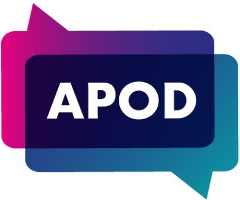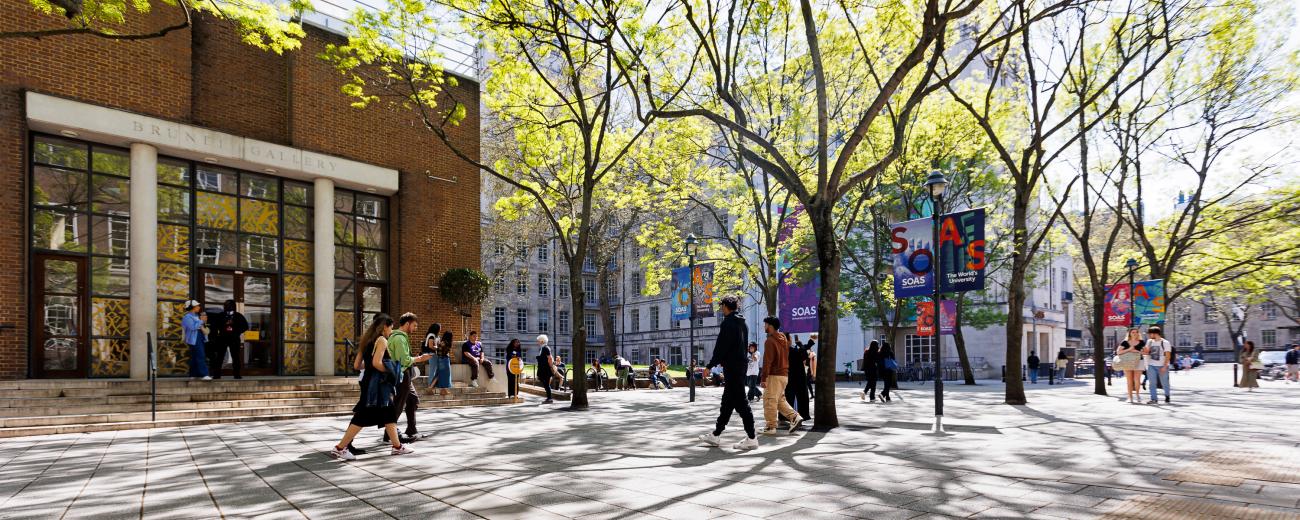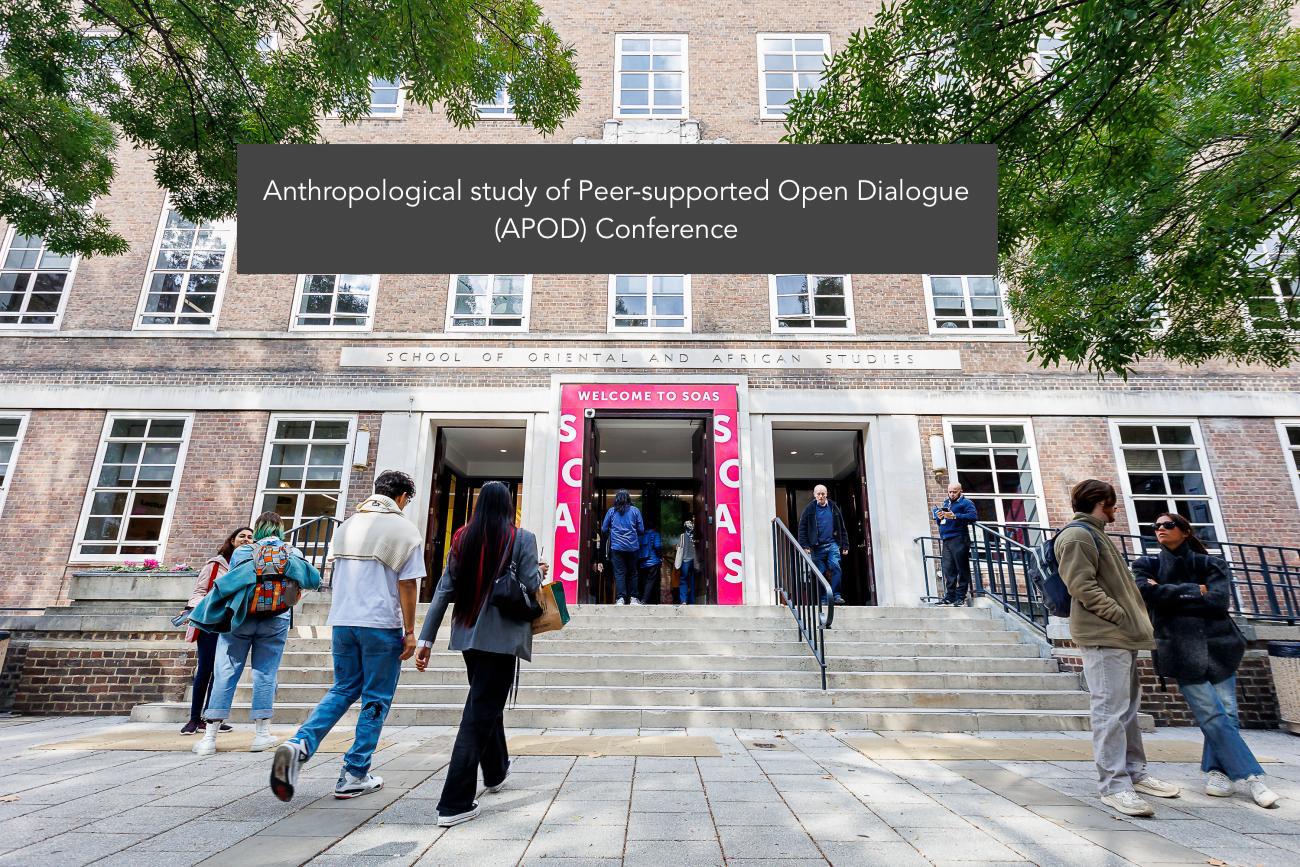Positionalities: Reflections from the field by Kiara (Interviewed by Keira)
Tell me about your experience of fieldwork?
My expectations were quite different from the reality; I had this expectation that I would not connect to clients (people receiving POD). As a service-user, I was quite introverted, I thought I would carry that personality into the field and understand peer support workers best. However, when I went into the field, I connected really well with clients– and it has been really life changing; It’s been the most fulfilling, rewarding thing I’ve done, despite the challenges. It was the privilege of meeting different clients from different backgrounds and being let into their worlds. It’s been very emotional and hard to see difficult parts of their journeys, it has also taught me so much.
You are a ‘peer worker’. Have relationships in the field felt different to you as a ‘peer’?
There’s a lot of mutuality with peers and clients. But also the roles get really mixed up. I am a peer worker; POD practitioner as well as a peer researcher, that’s a lot of hats! I’m also an Anthropologist, woman, non-white; brown woman… all of these identities… but peer was the one I kept coming back to. That’s at the core of my other identities.
When you meet clients for an interview outside of the clinical settings, you wonder– do they really understand that we’ve transitioned into a different relationship now?
Do you try and signal that in any way?
Yes, right before starting the interview. You wouldn’t be interviewing someone until you’ve reached a good point in your therapeutic relationship. Sometimes I don’t interview clients until after discharge, so there’s a clearer boundary. It’s very high stakes fieldwork, so you have to be prepared for the risks.
With staff it’s a bit different, because when you’re there as a researcher, they don’t quite know what to think. This is probably not what they signed up for when they took this job! As a peer worker you are in a liminal position in the NHS hierarchy. People can detect if you are not being authentic as well.
I felt it was important to be a student in my own fieldwork
Yes, you’re more approachable and people are less threatened by you. It’s also the fact that I am not white. The majority of people in our CMHT (Community Mental Health Team) are not white. There are so many hierarchies that come into it. But the team really has my back, it’s nice to have that solidarity.
How about your experience of being a peer and peer work?
I had two staff members (with high positions in the NHS hierarchy) tell me they used to be service users, which I don’t think anybody else knows. They think I will ‘get it’. It’s a ‘coming out story’; it is rewarding, but it has made life harder in many other ways, including culturally. You can hide behind ‘peer’ because not everybody knows what it means.
No they don’t, especially outside of the mental health world.
I think because I come from a background of geography and music, where you do ethnography, but it is more tokenistic. I found in anthropology, you can own personal reasoning for undertaking research. You are very aware that you are that instrument of collective knowledge – your body and mind.
Part of the usefulness of being aware of positionality is being aware of how you, your body, language etc. affects your interaction in the field…
It goes back to that point you made earlier on about fieldwork being very interrelational because it becomes special encounters with people. It’s partly why I got the peer supporter job. I like that the peer position is so liminal, I just find ways of using it creatively. I spent one morning taking a client out the ward – he hadn’t been out in three months, no-one had signed his paperwork as he was considered too risky. I said to the doctor, ‘can we just go out for a walk in the park?’ He wanted to go on the swings, we spent the whole morning on the swings. I was in a such a bliss.
The other care coordinators were quite envious – ‘I can’t believe that’s what you spent the morning doing.’ And this is the beauty of not having such a professionalised role, and maybe my age as well. You have the freedom to do things without worrying how they come across – without them looking professional enough.
Do you think the other professionals or clinicians understand that kind of person-centred care? You said they were jealous… Often clinicians just have to ‘get on with it’ and are trained in a certain way…
I have the luxury of time. I had one staff member question my investment in a particular client… but as a peer, your role is to take a different stance to the staff and advocate for your clients. However, if you do, you’re chastised for it as well. ‘Oh, are you too close to them’. I bought a client a coffee and food; he was homeless and spent all his money, but I was made to feel ‘that’s against policy’. That’s just being human.
And do you feel yourself that was risky or had negative consequences?
In Sri Lanka, we don’t do the whole splitting the bill thing; the eldest member will treat everybody. Hospitality sets in and breeds reciprocity as well. These are people who have been so let down by the system and so many people. Sometimes I bake cupcakes for people’s birthdays as well. Either they are on the ward, or they choose to come to appointments on their birthday. It might be the most interaction they get in the week. You know- when it’s your birthday in the NHS (or maybe it’s just on our team) you get a day off. One of my clients gave me a big bouquet of flowers for my birthday.
It’s so interesting that these nice gifts and things can be frowned upon in professional work. In my own work, I try to challenge the image that the NHS is rigid. There are obviously people within it adhering to rules, protocols and procedure, often there is no way out of it. Then you also have people who work flexibly and creatively…
As a peer worker you can use your role creatively – I asked a colleague whether it was appropriate to make cupcakes, and she said this is exactly the kind of thing as a peer worker you can do.
It does seem that being a peer worker and ethnographer is similar. Because whatever setting you are in, you don’t necessarily have to (or are expected to) play by the rules.
Sometimes when staff seem very boundaried to me- they are just burnt out from caring for others so much, over years. But then you see staff members organising birthdays – secret santas- for other staff. They are so caring towards their colleagues. How can you not show the same care towards your clients?
I think the way the system is working, you feel more solidarity for other so-called burnt-out people. When you are caring for people at work, you don’t always feel you have enough care left in you for your family, partner… Instead, you want the care when you come home.
If you really thought about it, you may emotionally feel more solidarity with clients, although you are almost not allowed to. You feel prevented from showing that compassion. It’s almost like two different types of human-ness. Like staff and clients are divided into two categories of human beings who they treat differently. I am a more of a ‘subtly change the culture’ kind of person through my own way of influencing.



